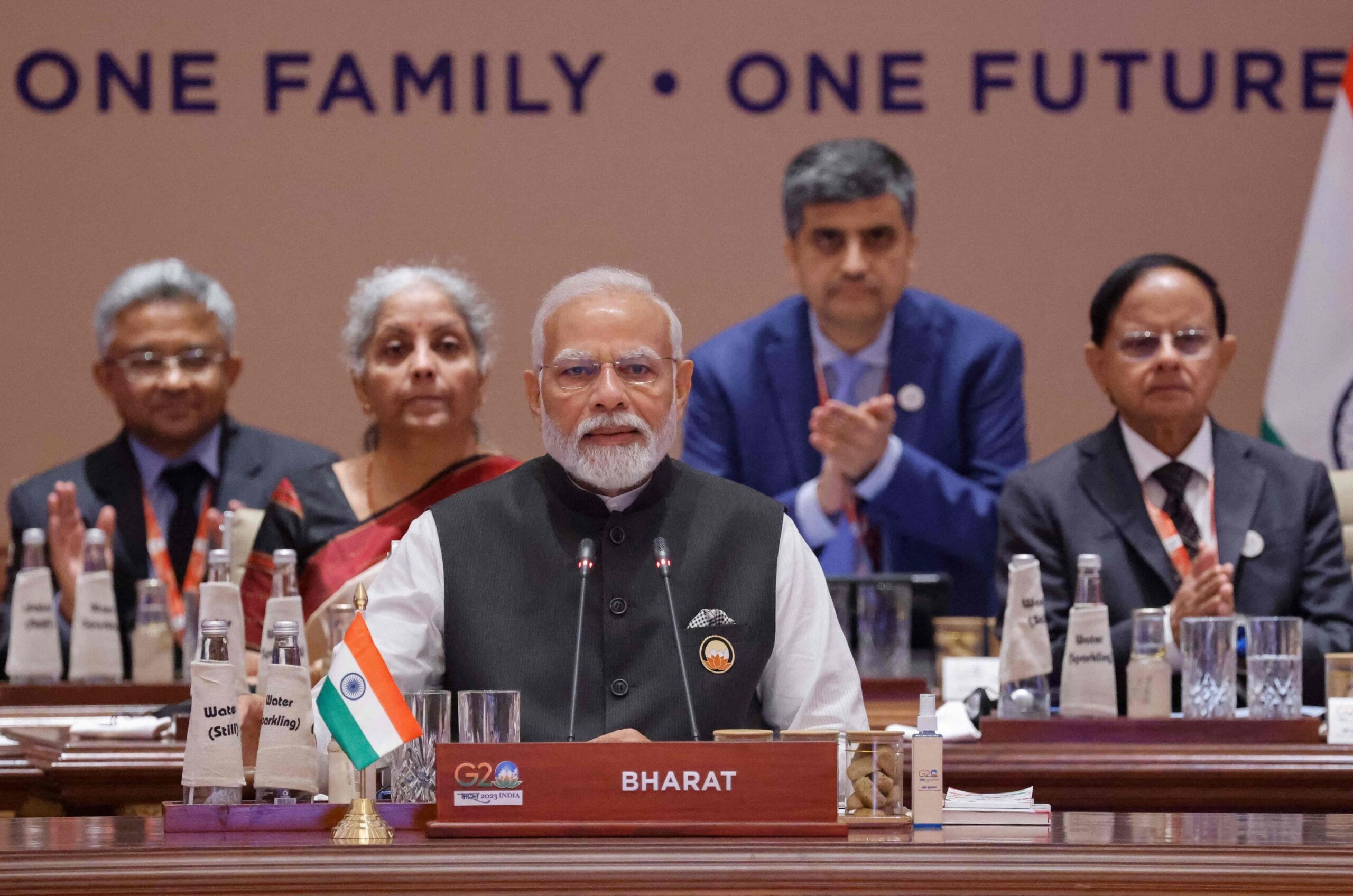In a significant move that underscores the Biden administration’s commitment to protecting American industries, officials have announced the decision to block the acquisition of U.S. Steel by Japan’s Nippon Steel. The administration cited national security concerns as the primary reason for this action, highlighting the importance of maintaining domestic control over key sectors, especially in industries that are critical to the United States’ infrastructure and defense capabilities.
The proposed acquisition had generated considerable attention, not only because of the size and influence of the companies involved but also due to the broader implications for U.S. manufacturing and international trade relations. Nippon Steel, one of the largest steel producers in Japan, sought to expand its footprint in the U.S. market through this acquisition, which would have allowed it to leverage U.S. Steel’s established operations and market presence. However, the administration’s decision signals a cautious approach towards foreign investments, particularly from countries that have been identified as strategic competitors.
The steel industry is a cornerstone of the American economy, playing a crucial role in various sectors, including construction, automotive, and defense. The Biden administration has been vocal about its intention to revitalize American manufacturing and ensure that the U.S. remains competitive on the global stage. In this context, the decision to block the acquisition can be seen as part of a broader strategy to safeguard domestic industries from foreign influence and ensure that critical resources remain under American control.
National security concerns have become increasingly prominent in discussions surrounding foreign investments, particularly in industries that are deemed essential for the country’s infrastructure and defense. The Committee on Foreign Investment in the United States (CFIUS), which reviews foreign acquisitions of U.S. companies, has been particularly vigilant in assessing the potential risks associated with such transactions. In recent years, there has been a growing trend of blocking or scrutinizing foreign investments that could pose threats to national security, technology transfer, or supply chain vulnerabilities.
The Biden administration’s decision to block Nippon Steel’s acquisition of U.S. Steel is likely to have far-reaching implications for both companies and the steel industry as a whole. For Nippon Steel, this decision represents a setback in its efforts to expand into the lucrative U.S. market, which has been recovering from years of trade tensions and tariffs imposed on foreign steel imports. The company may now need to reassess its strategy for growth in the region and explore alternative avenues for investment.
For U.S. Steel, the decision may provide an opportunity to strengthen its position in the market without the pressures of foreign ownership. The company has been working to modernize its operations and increase its competitiveness, and remaining independent may allow it to pursue its strategic objectives without the complications that come with foreign ownership. Moreover, the decision could bolster the company’s standing with domestic stakeholders, including employees, suppliers, and local communities, who may view the retention of U.S. Steel as a positive development for the American manufacturing landscape.
The broader implications of this decision extend beyond the immediate parties involved. It serves as a signal to other foreign investors about the U.S. government’s stance on foreign acquisitions in critical industries. As global competition intensifies, foreign companies may need to navigate a more complex regulatory landscape when considering investments in the United States. This could lead to a reevaluation of investment strategies and an increased focus on partnerships and collaborations that align with U.S. national security interests.
In conclusion, the Biden administration’s decision to block Nippon Steel’s acquisition of U.S. Steel underscores the growing emphasis on national security in the context of foreign investments. As the U.S. seeks to protect its critical industries and maintain a competitive edge in the global market, similar decisions may become more common. The steel industry, in particular, will likely remain a focal point of scrutiny as policymakers balance the need for foreign investment with the imperative to safeguard American interests.



